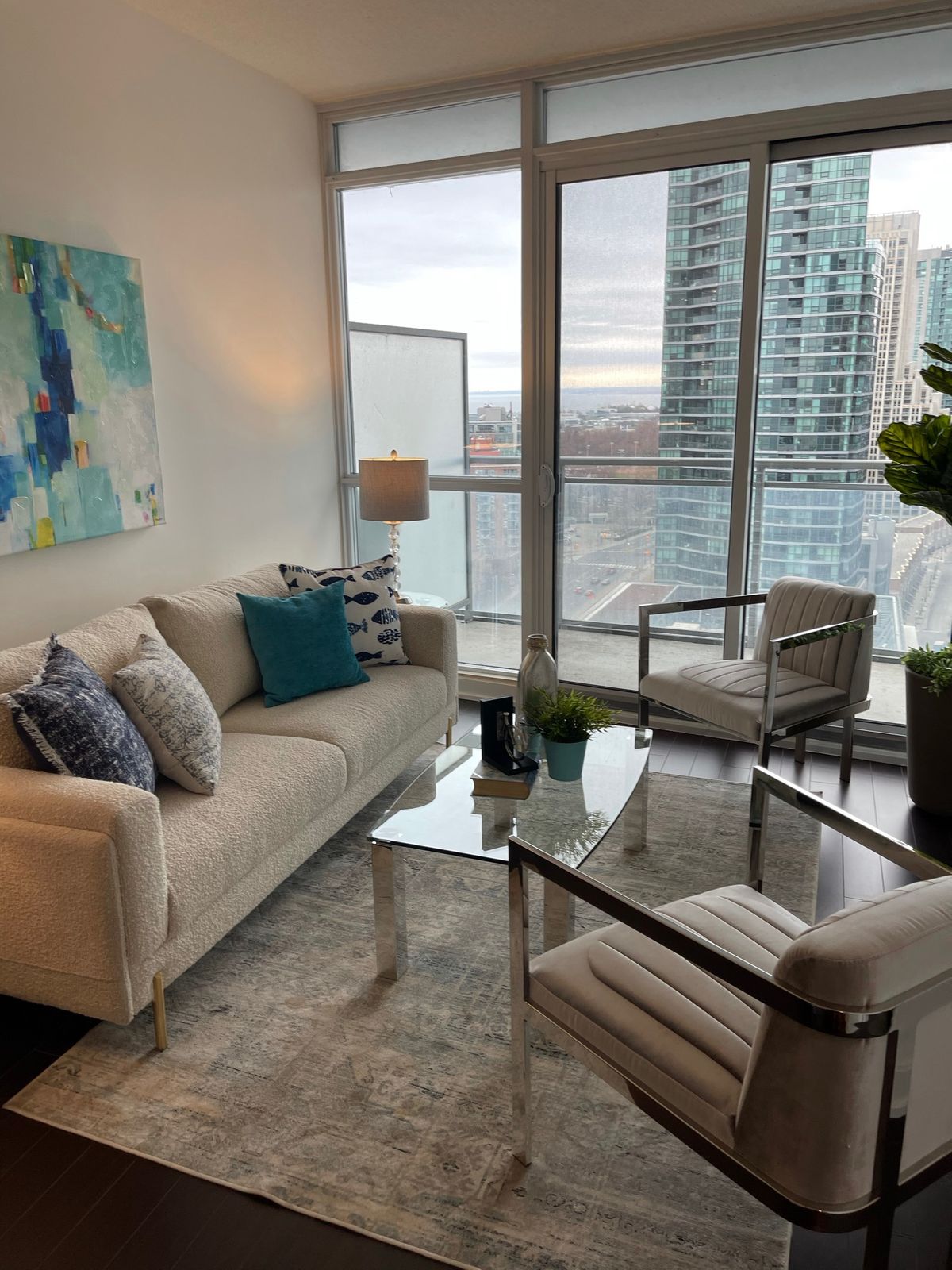Home staging is the art of preparing and presenting a property for sale in a way that maximizes its appeal to potential buyers. The goal of home staging is to create an inviting and neutral environment that allows potential buyers to envision themselves living in the space. This involves strategically arranging furniture, decor, and other elements to highlight the property's strengths and downplay any potential weaknesses.
Key aspects of home staging include:
Depersonalization: Home staging often starts with removing personal items such as family photos, unique artwork, and personal memorabilia. This helps create a blank canvas that allows buyers to visualize the space as their own.
Decluttering: Clearing out excess clutter and unnecessary items is crucial. A clutter-free space appears larger, more organized, and allows buyers to focus on the features of the property.
Neutral Decor: Neutral colors and decor choices help create a universally appealing ambiance. Neutral tones make it easier for buyers to imagine their own furniture and style in the space.
Furniture Arrangement: Furniture should be arranged in a way that showcases the flow and functionality of each room. Proper placement can make rooms feel more spacious and highlight architectural features.
Lighting Enhancement: Adequate lighting is essential. Maximizing natural light and strategically placing lamps or fixtures can create a warm and welcoming atmosphere.
Curb Appeal: The exterior of the home is just as important as the interior. Maintaining the lawn, landscaping, and exterior appearance can greatly impact a buyer's first impression.
Minor Repairs and Upgrades: Addressing minor repairs, such as leaky faucets or chipped paint, can make a significant difference. Simple upgrades like new hardware or fresh paint can modernize the space.
Staged Spaces: Staging each room with carefully chosen furniture, decor, and accessories helps buyers visualize the potential of each space. This is especially important for rooms that might have unconventional uses.
Photography and Marketing: Well-staged homes photograph beautifully, making them more appealing in online listings and marketing materials. High-quality images attract more potential buyers.
Professional Help: While some homeowners opt for DIY staging, many choose to hire professional home stagers who have an eye for design and a deep understanding of real estate marketing.
In essence, home staging transforms a property into a marketable product, helping potential buyers connect emotionally and envision themselves living in the space. A well-staged home can lead to quicker sales and potentially higher offers, making it a valuable investment for sellers in the real estate market.

